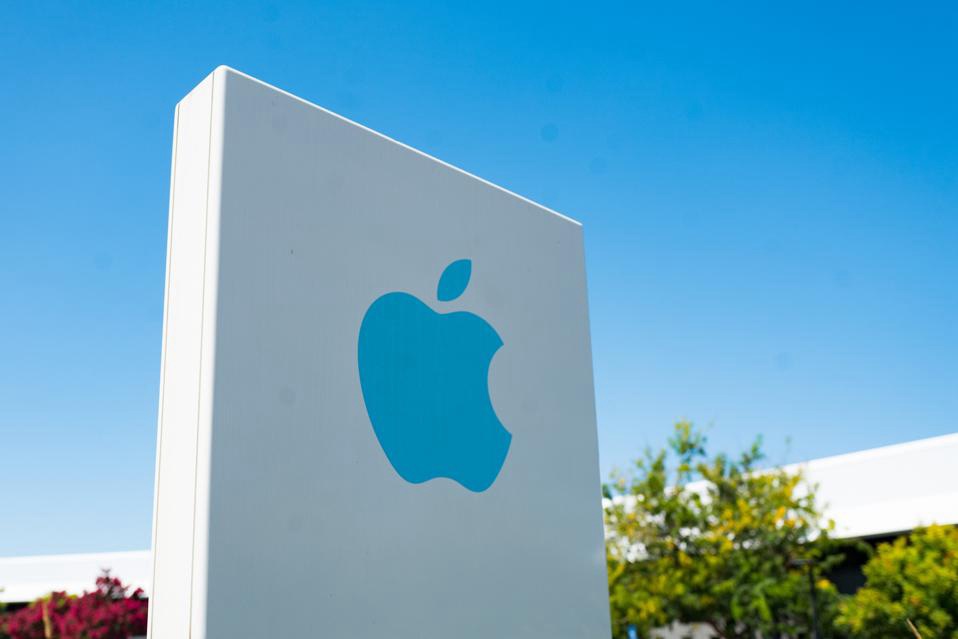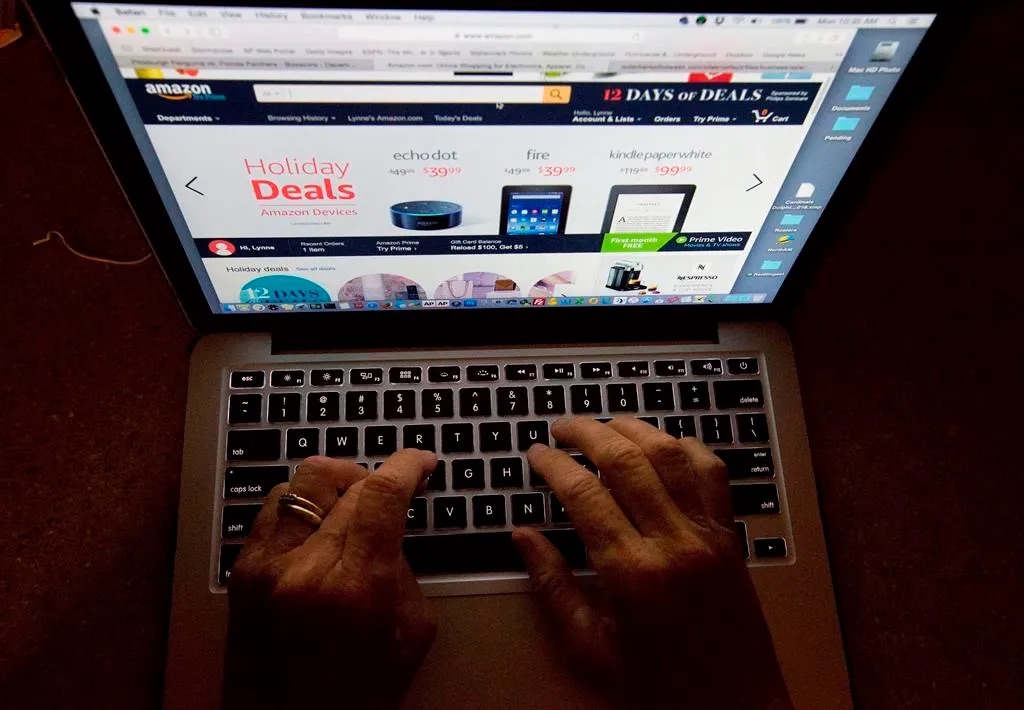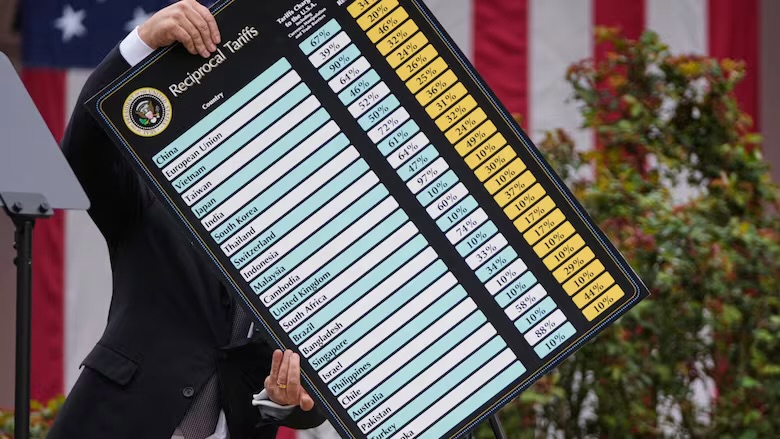In the ever-evolving world of tech and finance, few stories grip the market like dramatic shifts in Apple’s stock. This week, a series of geopolitical moves and executive decisions sent shockwaves through Wall Street, with Apple (AAPL) at the epicenter. As investors scrambled to make sense of the developments, three key events emerged from the headlines—each painting a piece of the larger picture behind Apple’s recent stock turbulence.
- Apple Stock Drops 7% After China Tariffs, CEO Tim Cook Cashed Out $24M Before Crash
The first tremor hit when Apple’s shares tumbled 7% in a single day, closing at $208—down from $224—after the U.S. announced sweeping new tariffs on Chinese imports. In a twist that raised eyebrows across the market, CEO Tim Cook had sold $24 million worth of Apple stock just days earlier, on April 1. He wasn’t alone—other top executives also liquidated millions. Analysts now warn that the stock may continue to slide, potentially bottoming out at $200, as the tariffs are expected to increase Apple’s production costs by as much as 54%.
- Apple Stock Falls as Trump Tariffs Target Global Supply Chain
The second wave of concern came as details emerged about the broader reach of the tariffs. While China remains the primary target, Apple’s global supply network is also under fire. Tariffs set to take effect on April 9 impact several countries where Apple manufactures components: Vietnam (46%), Thailand (36%), China (34%), Taiwan (32%), and India (26%), among others. The after-hours market reacted swiftly, with Apple shares dropping an additional 7.5%. If Apple fails to secure exemptions, the company could face up to $8.5 billion in additional annual costs. Meanwhile, efforts to shift production to the U.S. face headwinds due to a shortage of skilled labor.
- Apple Shares Slide 5.6% as Tariffs Threaten Production Hubs
The final blow came in late trading, as Apple’s stock slid another 5.6%. The market reacted to the realization that key production hubs—integral to Apple’s vast supply chain—are now under threat. With no exemptions expected from the latest round of tariffs, the pressure on Apple's global operations intensified. Investors are bracing for further volatility as the company navigates a complex and shifting trade landscape.









